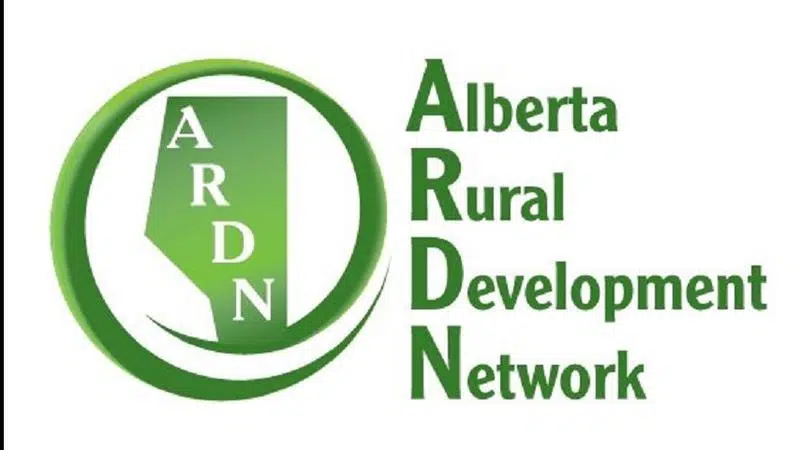
Fort Macleod and Vulcan-area projects among 12 receiving funding to combat housing issues
EDMONTON, AB – 12 projects in 11 different Albertan communities are receiving funding to tackle homelessness and housing instability.
The Alberta Rural Development Network (ARDN) has announced more than $3.7 million in funding through the federal government’s Reaching Home program.
Reaching Home is a five-year plan that was announced in 2018 as part of the government’s national housing strategy.
The following is a list of communities receiving funding, as well as what the funds will go towards:
